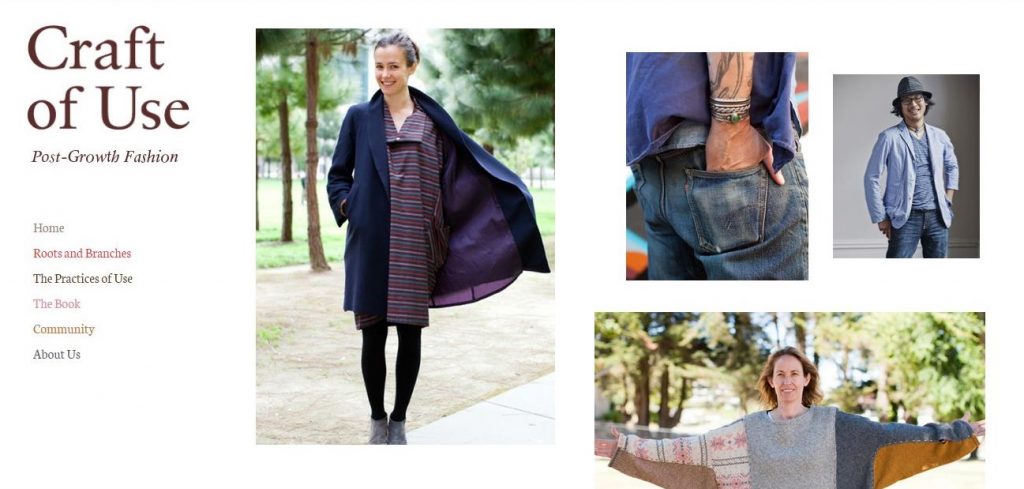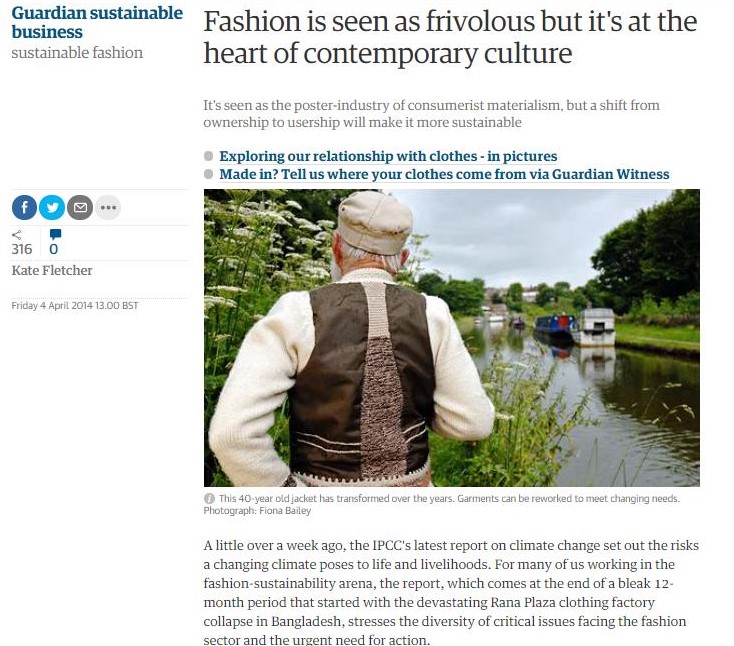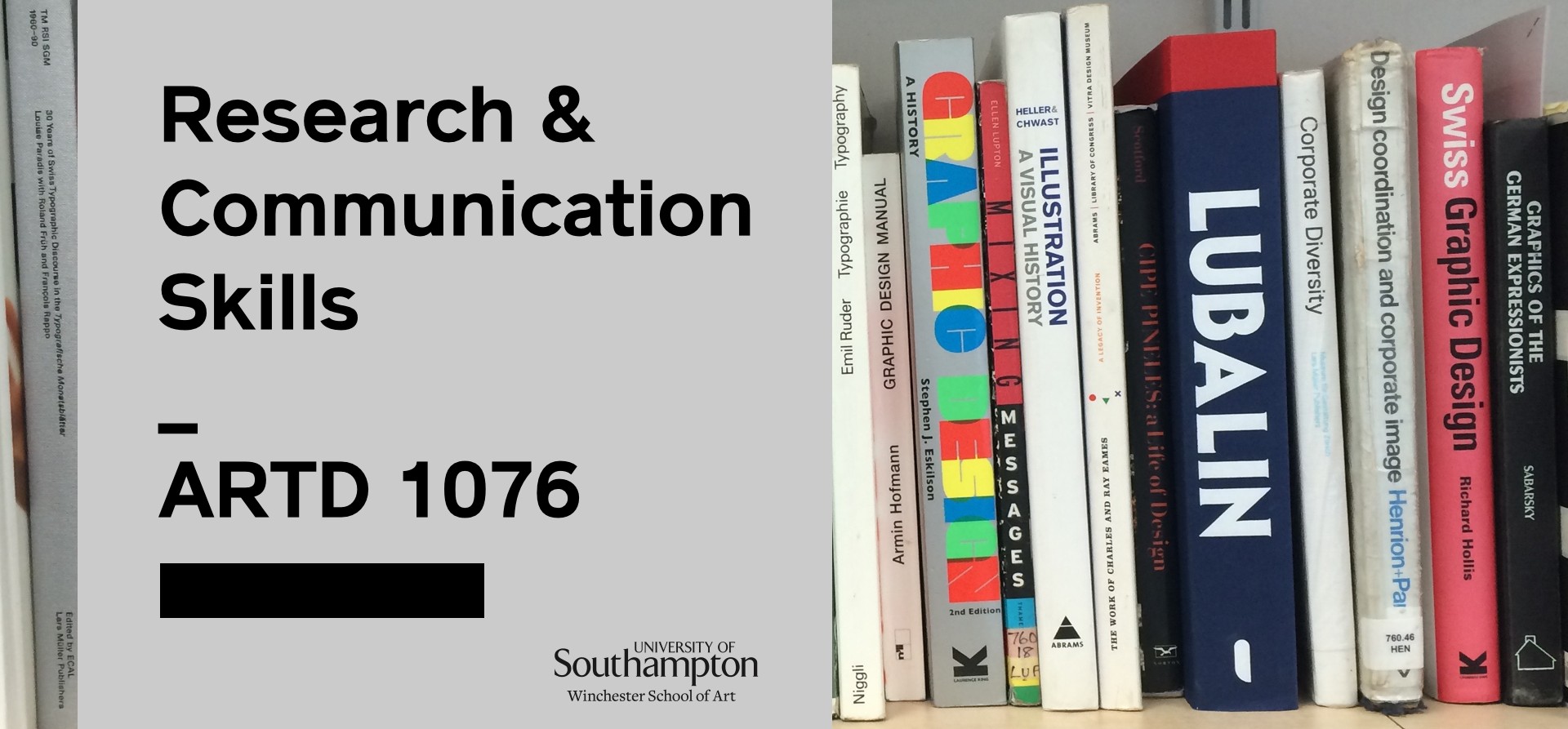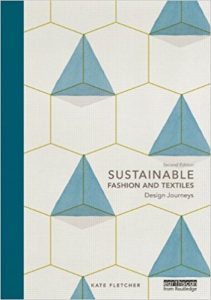Kate Fletcher’s pioneering work and progressive outlook within the fashion and textile industry has a huge influence on my own practice and identity as a designer. Reading the second edition of her book: ‘Sustainable Fashion and Textiles – Design Journeys’ introduced me to ground-breaking and controversial ideologies questioning “the superfluity of mass production and unlimited consumption” within “an industry linked to abuses of workers’ rights and the creation of waste” (Fletcher, 2014). This initial encounter with Fletcher’s ideas sparked my profound fascination for sustainable and ethical fashion so I have used this as the starting point for my research.
In particular, as an emerging designer in the industry, I noticed that much of Fletcher’s philosophies, as expressed in ‘Sustainable Fashion and Textiles – Design Journeys’ (Second Edition), are of poignant interest and relevance to me. To exemplify this, the following notion has become a fundamental consideration within my own practice:
“Fashion, by definition, reflects its context; and its context patently includes its people, ecosystems and soil. So when we frame fashion as ‘limit-less’ and/ or achievable only through ever greater consumption, this blinkered ‘performance’ is, quite simply, no longer fashion.” (Fletcher, 2014: 141)
To progress with my investigation, I then consulted the bibliography in ‘Sustainable Fashion and Textiles – Design Journeys’ (Second Edition) from which I selected various websites as reliable sources to explore further. From these online references I was most inspired to focus on Fletcher’s ‘Craft of Use’ initiative because I am excited by the concept that “novelty is gained not from consumption but through practising the ‘craft of use’. Here use is framed not as a static act of purchase, but a process of learning, education and the development of new skills over time” (Fletcher, 2017).

Fletcher, K. (2017) Craftofuse.org: Craft of Use – Home. Available from: http://www.craftofuse.org/ [Accessed 30 October 2017].

Fletcher, K. (2014) the Guardian: Fashion is seen as frivolous but it’s at the heart of contemporary culture. Available from: https://www.theguardian.com/sustainable-business/sustainable-fashion-blog/fashion-frivolous-contemporary-culture-ownership-usership [Accessed 30 October 2017].
References:
Fletcher, K. (2014) Sustainable Fashion and Textiles – Design Journeys, 2nd ed. Oxon: Routledge.
Fletcher, K. (2017) Craftofuse.org: Craft of Use – Home. Available from: http://www.craftofuse.org/ [Accessed 30 October 2017].
Fletcher, K. (2014) the Guardian: Fashion is seen as frivolous but it’s at the heart of contemporary culture. Available from: https://www.theguardian.com/sustainable-business/sustainable-fashion-blog/fashion-frivolous-contemporary-culture-ownership-usership [Accessed 30 October 2017].

